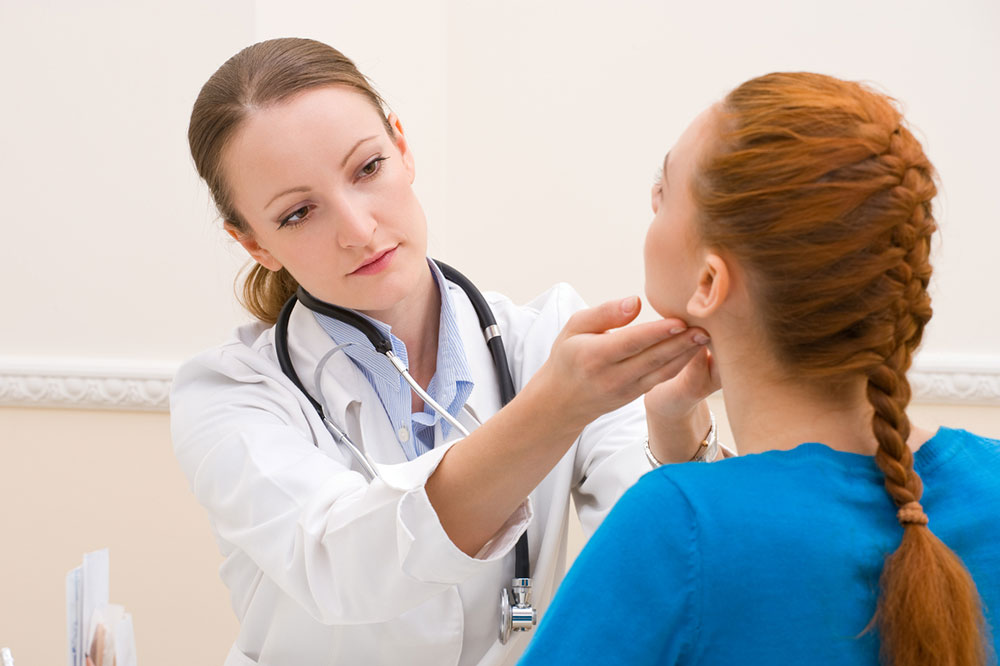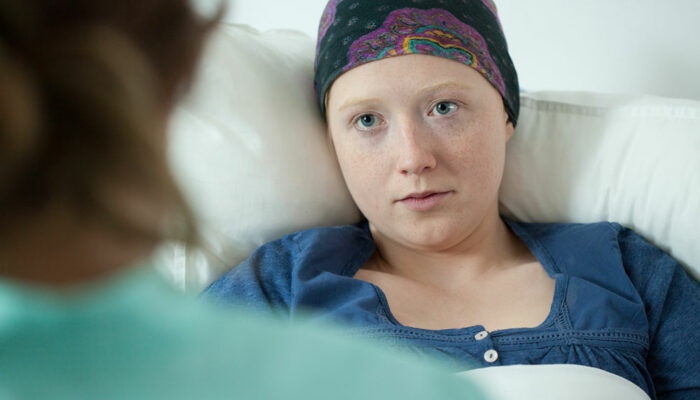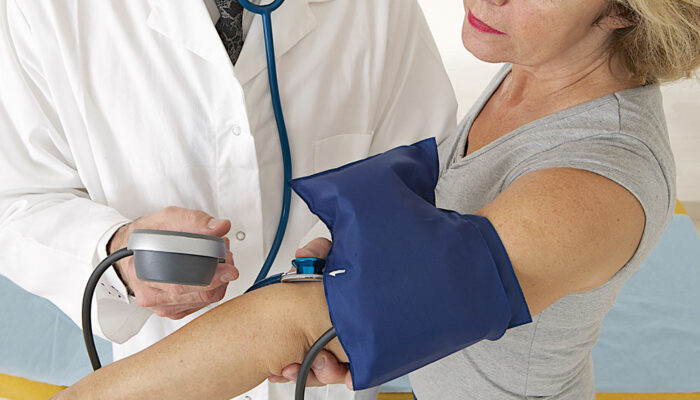
Risk Factors and Prevention Tips for Lymphoma
Cancer that affects the body’s lymphatic system is referred to as lymphoma. If diagnosed early, this medical condition can be treated effectively. Hodgkin’s and non-Hodgkin’s lymphoma are the two common types of lymphoma that occur. As this cancer takes a toll on natural immunity, there tend to be secondary infections that hamper the health. So, it is essential to know about the risk factors and prevention tips for lymphoma.
Risk factors and prevention tips for lymphoma
Risk factors
- While non-Hodgkin’s lymphoma is common mostly in people over the age of 60, Hodgkin’s occurs in senior years or between the ages of 15 and 40.
- Having a family history of lymphoma is one of the most common risk factors associated with it.
- Patients with other types of cancer after having received chemotherapy or even radiation-based treatment are at higher risk of developing lymphoma.
- Like most other cancer types, the risks of lymphoma also increases with exposure to various hazardous chemicals or herbicides. Agent Orange is one such chemical that is linked to lymphoma risks.
- People with other health conditions that lead to a fragile immune system should be extra cautious about early warning signs of this type of cancer.
Prevention tips
People who have a family history of this type of cancer should learn about the other risk factors and prevention tips for lymphoma. This helps in the early detection of the condition even if it cannot be prevented.
- As you can see from the risk factors above, some conditions like family history and genetic mutation cannot be altered. However, you can lower the risks by maintaining a healthy lifestyle and a healthy body weight.
- In the case of non-Hodgkin’s lymphoma, people with HIV infections are more likely to acquire this cancer. Preventing HIV infections is, therefore, the only effective way to prevent possible risks.
- For women who get surgical breast correction like the augmentation procedures, the cause could be a possible infection in the incision area. Infections occurring around implants can also increase the risks. Therefore, proper adherence to the post-surgery care procedure would be critical in preventing infection-related lymphoma.
- Improve your diet and cut down processed food items and other ingredients that can affect the immune system. Ensure that you consume a lot of fruits and vegetables that build the natural immunity of the body. Zinc supplements are also effective in strengthening the immune system. Do not ignore a weakened immune system.
- Address immune-deficiency related symptoms on time. Ignoring these diseases can lead to a drop in the efficiency of the immune system.
- Avoid using chemicals and exposure to the different types of radiation associated with cancer risks. This would help in preventing lymphoma as well as other types of cancers.
Once you know about the risk factors and prevention tips for lymphoma, you can lead a healthy lifestyle. With these simple yet effective tips, you can ensure that the health and proper functioning of the body’s lymphatic system are maintained.



